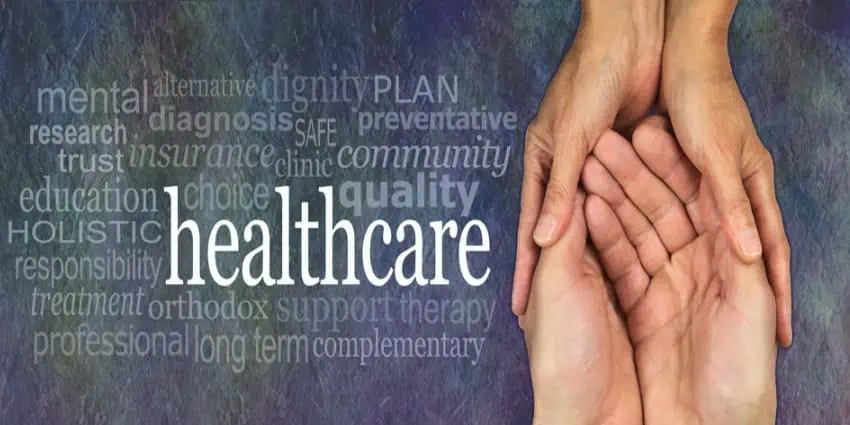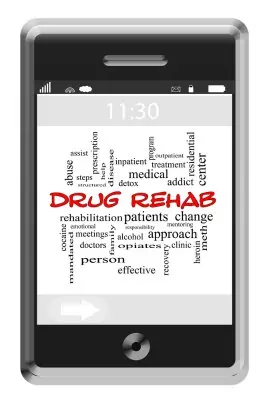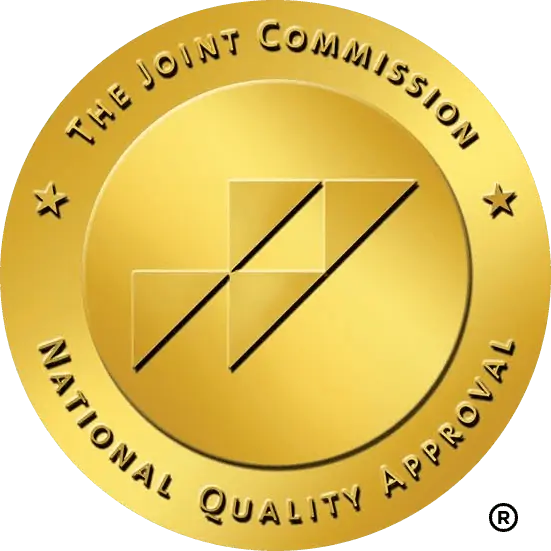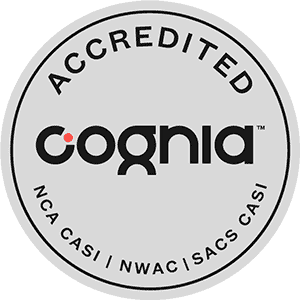If you are a parent of a troubled teen from Detroit, MI and he or she is in a mental health crisis, we recommend you look for treatment programs in Detroit, MI designated as “out of network” treatment providers.
Specifically, we recommend you look for Detroit, MI mental health treatment providers that have the ability to work with healthcare insurance providers such as Aetna, Cigna, Healthnet, Pacific Source, and United Healthcare. Treatment programs from Detroit, MI that take insurance can save you tens-of-thousands of dollars, if not more.
An out-of-network provider is one which has not contracted with your insurance company for reimbursement at a negotiated rate. Some health plans, like HMOs, do not reimburse out-of-network providers at all, which means that as the patient, you would be responsible for the full amount charged by your doctor.
We recommend you only consider treatment programs in Detroit, MI that routinely work with the nation’s top healthcare insurance providers. Coincidentally, the best treatment programs in Detroit, MI will be able to get big portions of your teen’s treatment covered, including mental and behavioral treatment provided through Day Treatment, Intensive Outpatient, Intensive Inpatient, Partial Hospitalization, and Residential Treatment.
The major healthcare insurance plans accepted at Turning Winds RTC are Cigna, Aetna, UnitedHealthcare, UHC of California, HealthNet, and Pacific Source.
Obvious, any treatment an insurance company is willing to cover will lower your overall cost of treatment, therefore it is always smart for parents of troubled teens to look for the adolescent treatment programs in Detroit, MI that take insurance.
Mental Health Issues Covered By Top Insurance Plans In Detroit, MI
- Teen Alcohol & Drug Abuse
- Adolescent Anorexia, Bulimia, Binge-Eating Disorder
- Teenage Anxiety. Social Anxiety, Cutting
- Panic & OCD Disorders in Teens
- Teen Depression & Bipolar Disorder
- Adolescent Borderline Personality Disorder
- Teenager Conduct Disorder
- Oppositional Defiant Disorder by Teens
- Teenage PTSD
- Self-Harm & Suicide Ideation by Teenagers
- Youth with Asperger’s Syndrome
- Medication Stabilization for Troubled Teens
Types Of Adolescent Mental Health Treatment In Detroit, MI Covered By Insurance Plans
- Day Treatment
- Intensive Outpatient Treatment
- Intensive Inpatient Treatment
- Partial Hospitalization Programs
- Residential Treatment Program
Using Your Mental Health Insurance Benefits In Detroit, MI
We recommend parents check with their insurance company about the details of their mental and behavioral health coverage benefits. We tell parents to contact their insurance company and ask for a list of Detroit, MI in-network providers. Furthermore, we coach parents to ask their insurance company if their mental and behavioral health coverage uses provider networks in Detroit, MI, and/or “out-of-network” Detroit, MI providers? If so, how much will be required for deductibles and other out-of-pocket costs, such as co-pays?
Before calling a mental health treatment provider in Detroit, MI, find out if they accept your insurance. If so, find out if the Detroit, MI treatment provider will bill your insurance company direct, or will you be required to pay the treatment provider in full and submit a claim to your insurance company to get reimbursed.
Determining The Right Level Of Mental Health Treatment For Your Teen
Detroit, MI Intensive Outpatient Treatment for Adolescents (IOP Programs)
The top insurance companies will cover Intensive Outpatient treatment programs for troubled teens in Detroit, MI. IOP’s provide mental health or drug abuse treatment to teens without disrupting their entire life. For example, IOP programs offer a “half-day of intensive treatment” afterschool (usually 3 hours of treatment per day, three days per week) and most of the treatment is covered by the best healthcare insurance plans. Intensive Outpatient treatment for adolescents is set up for teens who can continue going to school in Detroit, MI while receiving treatment.
One of the main goals of the adolescent IOP is to provide the highest level of treatment for teens struggling with mental health issues and/or drug addiction without disrupting their education and academic pursuits.
Moreover, adolescent IOP treatment programs are considered a typical “step down” aftercare treatment option for teens recently discharged from an inpatient or acute partial hospitalization program in Detroit, MI. Detroit, MI-based adolescent IOP’s are also considered a viable “step up” program offering a higher level of intensive treatment for teenagers who were unsuccessful with an outpatient treatment program in Detroit, MI. The good news is that the best insurance companies cover the cost of IOP treatment.
Typical uses of Intensive Outpatient Treatment in Detroit, MI
- Transitioning from PHP or RTC
- Need more support than weekly therapy
- Unsuccessful in outpatient programs
Detroit, MI Partial Hospitalization Programs for Teens (Adolescent PHP Programs)
Partial Hospitalization Programs for teens from Detroit, MI provide a full day of intensive mental health and/or drug addiction treatment in a hospital setting (typically from 8 AM to 6 PM) and then the teen returns home at night. Most Adolescent Partial Hospitalization Programs (PHP) in Detroit, MI are designed for troubled teens in need of high-level structure and security in addition to intensive treatment. Partial Hospitalization Programs offer a very high level of intensive treatment (a minimum of eight hours per day, five days per week) and at the same time provide a very high level of supervision. The good news is that most of the best mental health care plans cover PHP treatment.
Adolescent PHP programs near Detroit, MI typically provide a multidisciplinary approach to addressing teen’s treatment and academic needs while also providing one-on-one adult supervision. PHP programs for adolescents are perfect solutions for teens who are unable to function without adult supervision. These teens have demonstrated the propensity to make really bad personal decisions including a willingness to harm themselves or others.
Adolescents admitted to Partial Hospitalization Programs go home at the end of the day but continue to receive close adult supervision until they return to the PHP program the following morning.
Typical uses of Detroit, MI Partial Hospitalization Programs
- A transition from IOP or RTC
- Need more structure than a typical intensive or outpatient program
- Unsuccessful in intensive outpatient program
Detroit, MI Adolescent Residential Treatment Centers and Programs (RTC’s)
Teens admitted to an RTC reside full-time and receive professional therapeutic care and adult supervision 24 hours per day, 7 days per week. Residential treatment centers (RTC) are therapeutic programs for troubled teens and insurance may cover some or all of the mental health and drug treatment services, including; IOP, substance abuse counseling, drug and alcohol treatment, individual and group therapy, family counseling.
Typical uses of Detroit, MI Residential Treatment Centers
- Life unmanageable due to mental health and/or addiction issues
- Out-of-control behavioral issues
- Unsuccessful in Partial Hospitalization
Mental Health Help In Detroit, MI For At-Risk Youth
Turning Winds, who is considered the leading therapeutic boarding school in the nation, endorses the ideology of this premier institution of volunteers and professional counselors; counseling and recovering at-risk youth undergoing the prevailing issues of today.
Youth Employment Programs for Teens in Detroit
With the collapse of the car industry and the national mortgage crisis in 2008-09, Detroit’s unemployment rates rose dramatically. According to a report from the Measure of America, a Social Science Research Council Project, Detroit’s youth unemployment rate was as high as 30 percent in early 2013. The city does have programs designed to help teens find summer work so they can gain real work experience. City of Detroit Youth Program People ages 14 to 21 might be eligible to work for the city of Detroit’s Youth Program. The program helps kids who have a barrier to employment, such as being homeless, trouble with basic literacy, being pregnant or a parent, or having a criminal record. The six-week program offers youth the opportunity to gain experience for their resume while working 30 hours a week, July through August. In the summer of 2013, the program placed 1,745 teens.
DTE Energy Foundation Youth Employment Initiave
Today in the state of Michigan, more than 1 million people are living below the Federal poverty level. Michigan’s struggling economy, coupled with our brutal winters, means the need for utility bill payment assistance is never more important. DTE Energy unites with local MI agencies and organizations to provide case management solutions, energy efficiency education, and utility payment assistance to customers in need throughout the year. The DTE Energy Foundation funds a six-week job placement program for Detroit teens, and year-round part-time positions. The corporation is working with 50 partner companies in the community to create 500 positions. Grants have been given to local agencies that serve kids and teens, including Grow Detroit’s Young Talent campaign. Jobs are provided both in Detroit city itself and in some its economically distressed suburbs, including Ypsilanti, Muskegon and Pontiac. Starting in the summer of 2013, the DTE Energy Foundation has donated money to keep the initiative going through 2016.
Detroit’s Young Talent Campaign
For teens ages 14 to 24, applying for the waiting list for Grow Detroit’s Young Talent Program might be the key to a great summer job. The organization doesn’t hire or place applicants directly, instead your child might be contacted by one of GDYT’s partners. After submitting her contact information, your teen can contact any youth-focused nonprofit organizations in your neighborhood to see whether they are participating in the program. GDYT advises contacting organizations in February to ensure that your child will fulfill any application processes and will be on their waiting list for summer job openings. According to GDYT, the program planned to place at least 1,400 teens in 2013. The GDYT program also raises money to help subsidize the wages of young workers. The waiting list usually closes in early May, so remind your teen to apply early.
Turning Winds is the optimal choice for parents in Detroit, MI who are wanting a leading academic institute to give guidance for their struggling child undergoing drug abuse/addiction (including marijuana), kleptomania, or anxiety. Since it can be difficult to work with highly resistant teenagers, most programs rely heavily upon level systems, punishments, and other disciplinary tactics in order to manage a teenager’s behavior. Here at Turning Winds, we recognize that the situation of one struggling child may not apply to all of our young students.
Our counselors are dedicated to not only providing help to our young students in need, but also the whole family; with the care and commitment required for full transformation. It is our desire to assist, guide, and coach parents from Detroit, MI, with a at-risk child, through a very difficult time. Turning Winds is here to serve! There is hope… and you are not alone. The vision of Turning Winds is to bring forth peace while recovering emotional health for struggling adolescents from Detroit, MI.
Because of our leading a variety of therapeutic intervention strategies (CBT, DBT, behavioral therapy) and outdoor recreation and adventure therapy, struggling adolescents can grow to be healthy adults, and Turning Winds’s young students can emerge as strong people who are motivated to succeed. Turning Winds recognizes that the entire family needs the help that our trained counselors give; so that your child can be rehabilitated and whole. Turning Winds’ consultants can be reached immediately at 800-845-1380.

